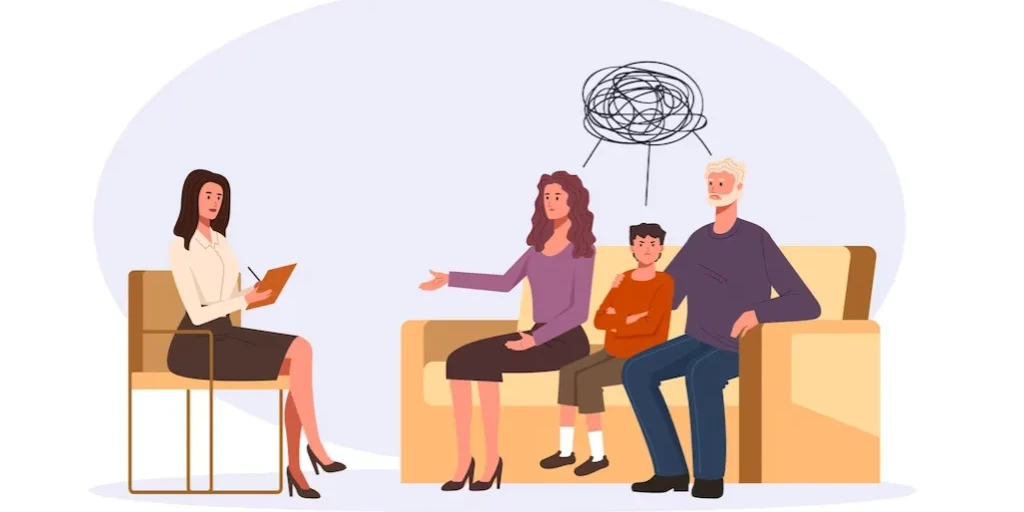24/7 Helpline:
(866) 899-111424/7 Helpline:
(866) 899-1114
Learn more about Group Therapy centers in Bushland
Group Therapy in Other Cities

Other Insurance Options

Regence

BlueShield

Ambetter

American Behavioral

Multiplan

ComPsych

CareFirst

Choice Care Network

EmblemHealth

Coventry Health Care

Optum

Providence

Excellus

GEHA

CareSource

Holman Group

Health Partners

Medical Mutual of Ohio

AllWell

State Farm











